Aberdeen’s controversial city centre traffic bans would have been rolled out months earlier – if bus companies had their way.
Emails between the council’s head of planning, David Dunne, and representatives from First and Stagecoach offer a fresh insight into the wrangling going on behind the scenes as the road changes loomed.
Obtained using Freedom of Information legislation, they show how operators wanted to ban motorists from the now off-limits Guild Street, Bridge Street and Market Street stretches “as soon as possible”.
Only the prospect of chaos due to the South College Street revamp spared Aberdeen drivers from the money-spinning restrictions being put in place months earlier.
And Mr Dunne told the firms he was eager to hold off in the interests of presenting the city centre overhaul as a “really good news story”.
Where does it all begin?
The emails we uncovered date back to February 2023, six months before the bus gates went live.
Mr Dunne begins the chain of correspondence with First and Stagecoach by alluding to previous talks over the rollout date.
At this point in time, he suggested holding off until the South College Street revamp was complete – which was reckoned to be around May.
This was spurred on by concerns over “gridlock” should more routes be closed off to motorists while there was already roads upheaval elsewhere.
Mr Dunne worried this would mean there was a “danger of bad PR”.
He added: “I am aware that not implementing impacts on both your services, in terms of time and reliability.
“But given the scope of all the measures we are going to have to implement over the coming months and years, I really feel we need to get the messaging right on this.”
In a statement which has not aged well, amid the devastating impact on businesses and millions in fines being dished out, the council chief was hopeful the bus gates would receive a warm welcome.
In the email, sent at 8.24pm, he added: “This should be a really good news story around prioritising public transport, better access to the train and bus stations, Union Square etc.
“But I fear if we end up with gridlock because South College Street is still closed it will make all the other measures more difficult to implement.”
Email reveals government was also keen to see bus gates rolled out
A few days later First responded, seeking talks in more detail as they thought the rollout might have been in April 2023 rather than May.
First said the matter would be addressed at a meeting later that day, on February 20.
The email chain then goes cold for a week.
On February 27 Mr Dunne seemed to be working late again, with an email sent at 6.20pm.
And it indicates that the Scottish Government had also been keen to see the bus gates put in place sooner than they were.
This message to Transport Scotland hints at some unrest over when drivers would be restricted from Guild Street, Market Street and Bridge Street.
He writes: “I am conscious that your team have raised some concerns in relation to the implementation date for the city centre bus priority measures.
“I believe that your team were concerned that the delay … showed a lack of commitment to these changes.
“I wanted to take this opportunity to alleviate any concerns.”
‘The narrative around Aberdeen bus gates rollout must be positive’
Mr Dunne stresses that the South College Street project funded by Transport Scotland is “linked” to the bus scheme – though adjusts its expected completion date to “May/June” in this email.
And again, he tries to hammer home the chances of a public outcry if the changes were put in place before that road is fully open.
He writes: “The narrative about these changes should and must be a positive one.
“I am aware that delaying the implementation … impacts on their [First and Stagecoach] services.
“But they have agreed that limiting any unforeseen impacts and ensuring positive messaging are more important.”
What changed bus firms’ minds about rollout date?
First were quick to follow this up, with an email to Mr Dunne and Transport Scotland the following morning shortly after 9am.
It states: “At the end of last year I was concerned at the way these changes were portrayed in the media, and the huge backlash received by various stakeholders.
“Having discussed these concerns with David we agreed that more effort would be needed to achieve buy-in.
“One solution suggested was to delay the introduction of the measures to fall in line with South College Street alongside a package of measures to improve city centre accessibility with effective stakeholder comms.”
The email continues: “As you would expect, I’d like the bus priority and passenger improvement measures to be installed as soon as possible.
“However … we need to win hearts and minds in addition to installing hard infrastructure.”
Efforts to weave ‘good news story’ intensify as rollout nears
The next email from First comes in June, at a time when the final preparations for the city centre road changes were being made.
The sender of the message, whose name has been redacted, speaks of the need for a positive public perception.
They talk about needing to “build buy-in” before the measures are launched.
This email adds: “If we don’t, the media will fill the void with plenty of material from the pro-car lobby by the time the road opens.”
The Press and Journal asked if traders worried about their future were considered to be the “pro car lobby”, but First did not respond to this part of our request.
How did it all pan out?
By August, the changes were all set. The bus gates went live on the 21st, though a grace period meant fines were not imposed until November.
There just remained the question of how this much-discussed “good news” would be presented.
A later exchange details efforts to secure supportive comments from Transport Scotland praising Aberdeen’s new city centre roads layout.
When it emerged that Transport Secretary Fiona Hyslop would not be making a statement to welcome the measures, First questioned whether this “passive” approach was “missing a trick”.
That ministerial visit did then take place… in October.
And what has happened since then?
The measures were met with dismay by frazzled business owners already up against it following the pandemic and trying to stay afloat amid the rise of internet shopping.
By December 2023, the reaction wasn’t quite what had been hoped for and PR specialists the Big Partnership were recruited to “better explain the positives of the bus gates”.
Do you think the bus gates could have been rolled out more effectively? Let us know in our comments section below
As we entered the summer of 2024, drivers had been stung with £3 million worth of fines and traders told us that shoppers were opting not to even venture into the city centre.
The Press and Journal teamed with local businesses and leaders for a Common Sense Compromise on the measures – which was ultimately voted down in October.
But the debate seems far from over, with threats the battle could escalate beyond just the court of public opinion…
First told us they “recognised the challenges that some businesses are facing” and are “fully committed to working with them”.
A spokeswoman said: “Since bus priority measures were introduced last year, we have seen faster travel times for more than 600,000 monthly journeys, resulting in a more efficient service.”
Read the latest coverage of Aberdeen’s bus gates saga:
Legal challenge ‘highly likely’ as Aberdeen councillors ‘abuse power’ with rushed bus gate vote
Explained: Why Union Terrace wrong turn has caused chaos for councillors who ‘didn’t know the rules’
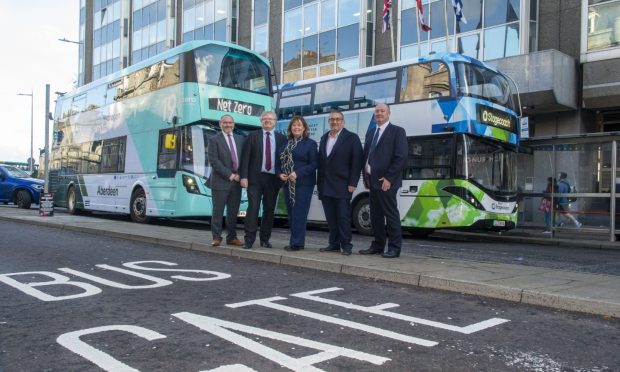
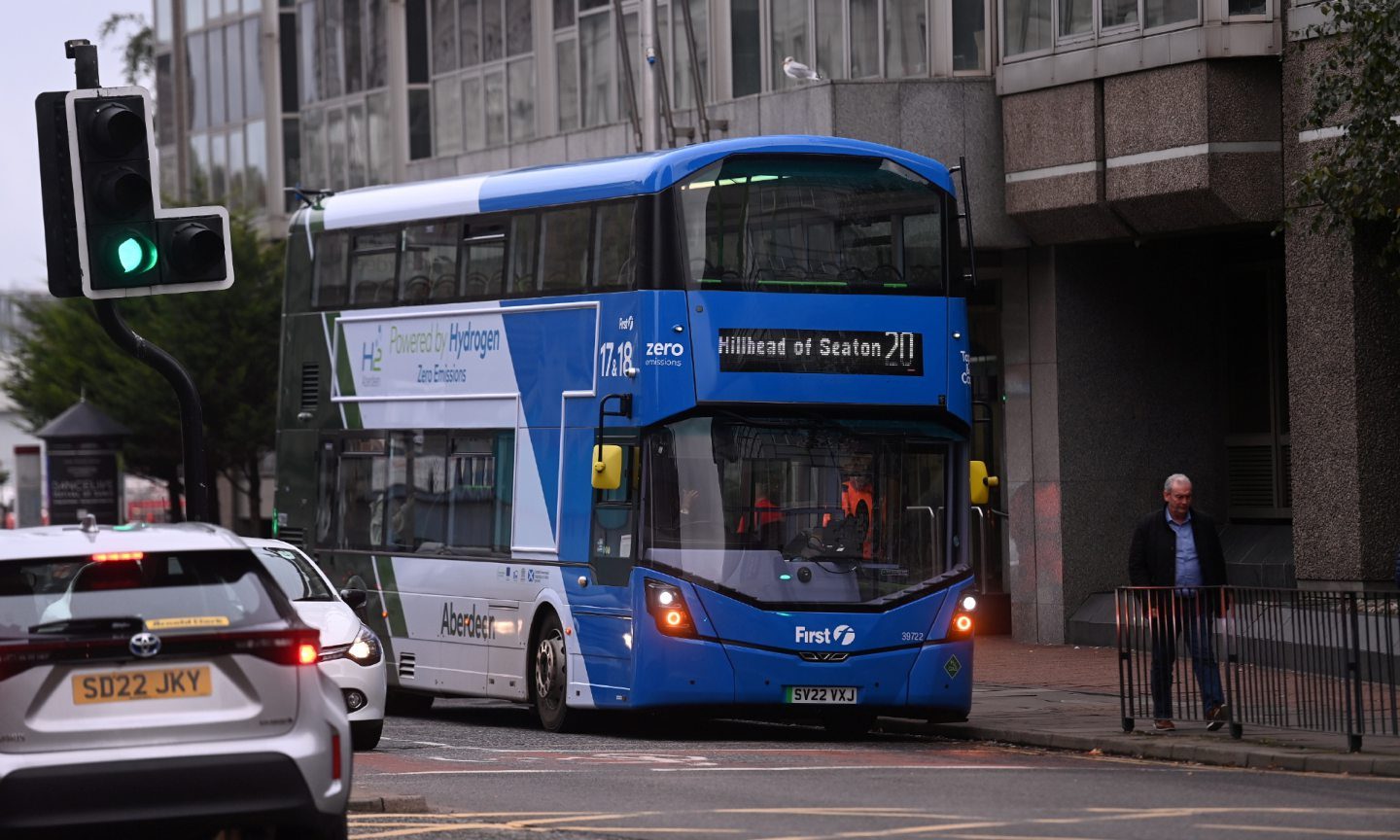
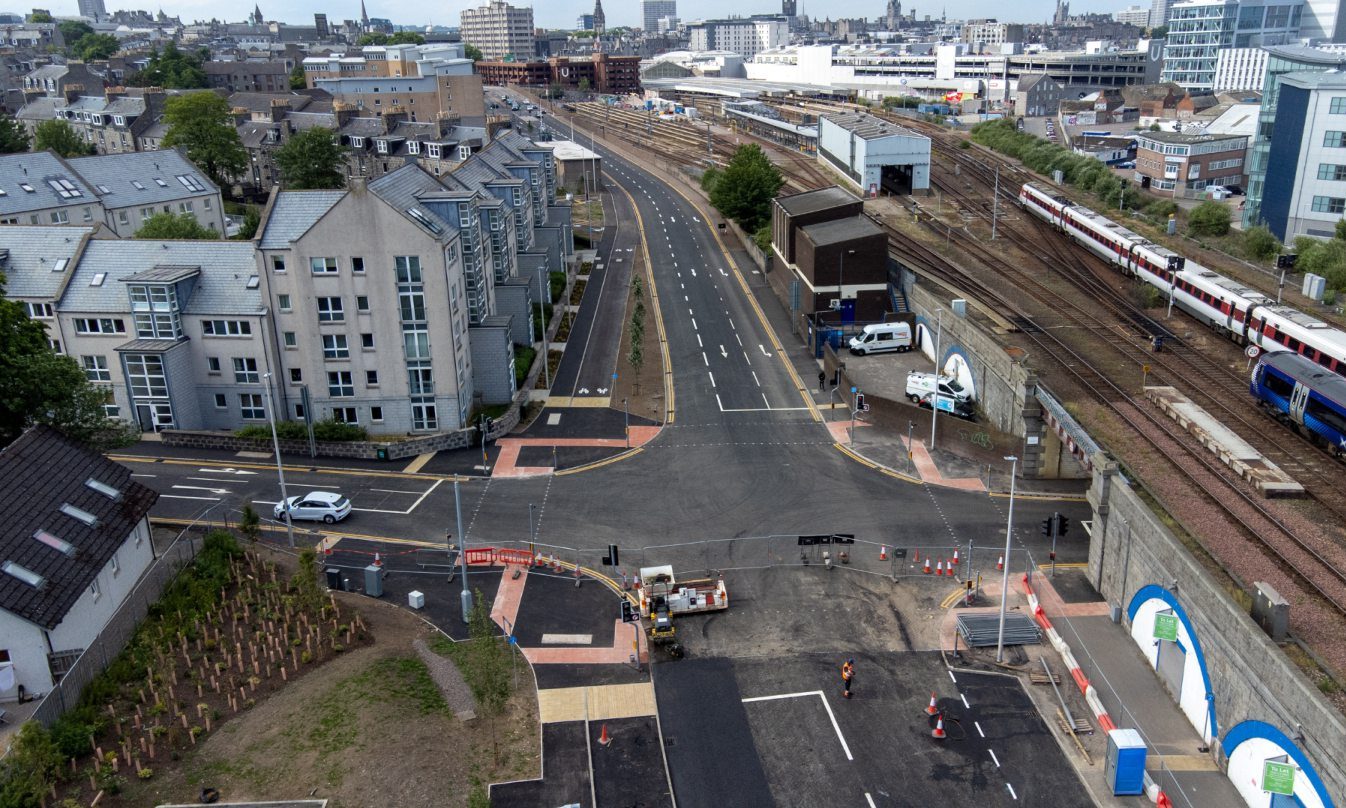
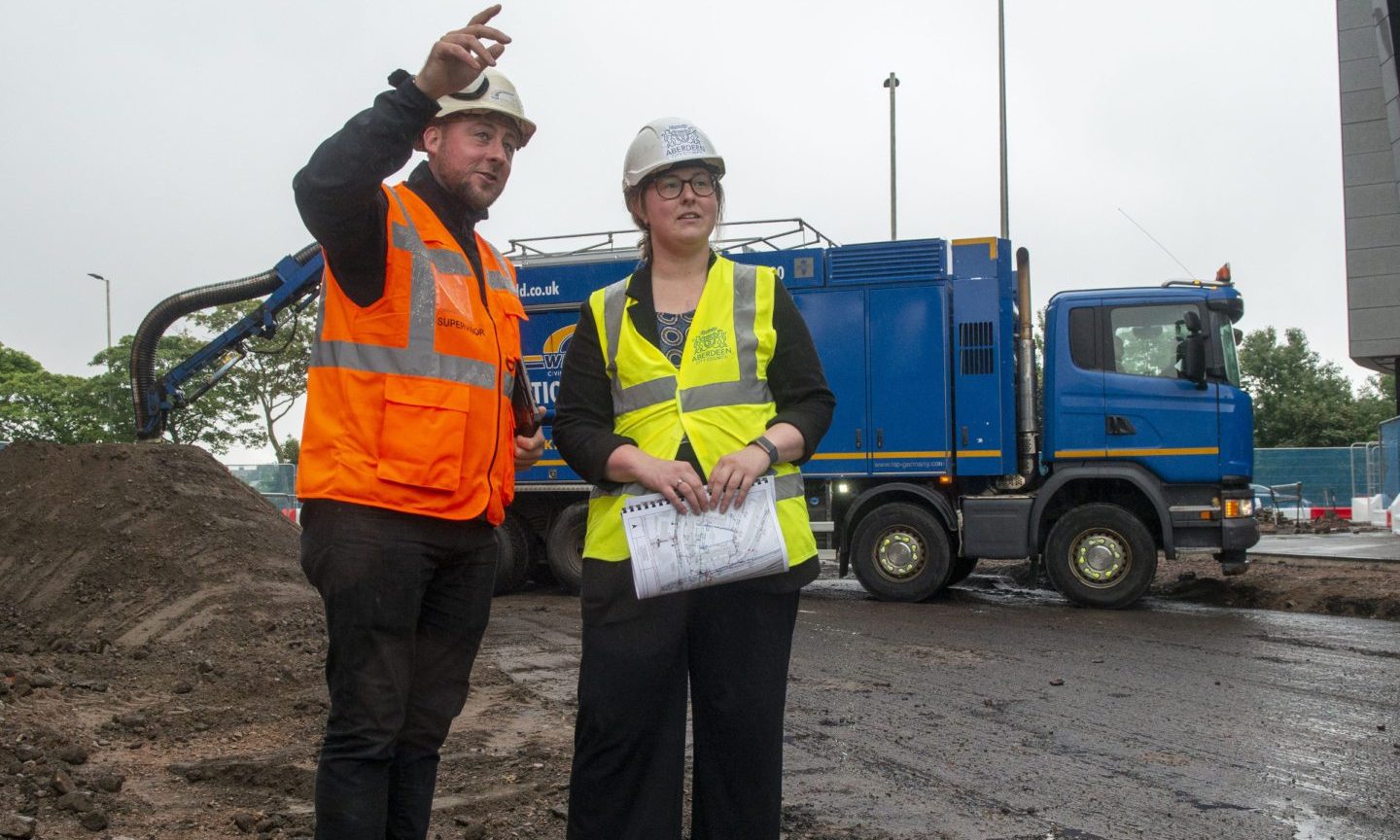
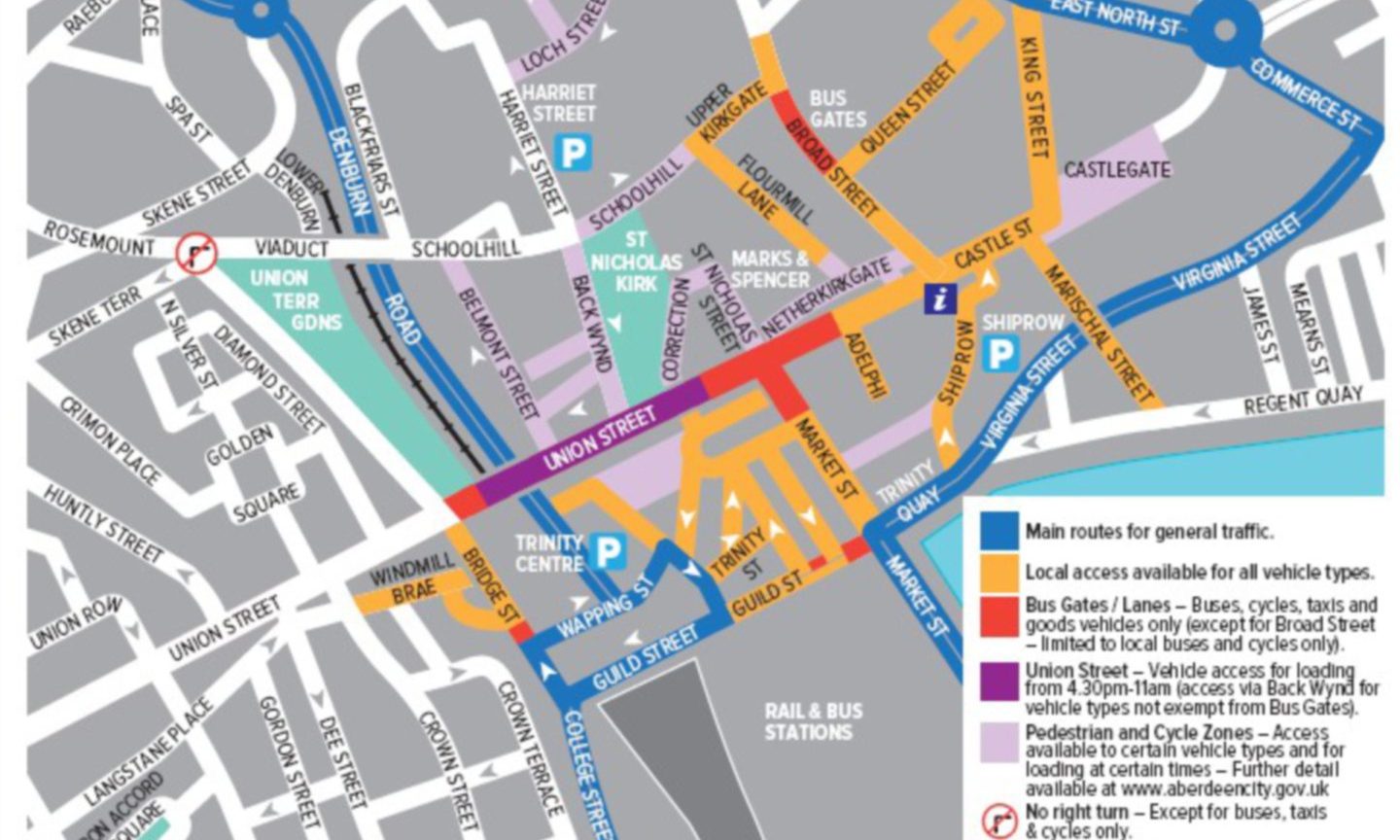
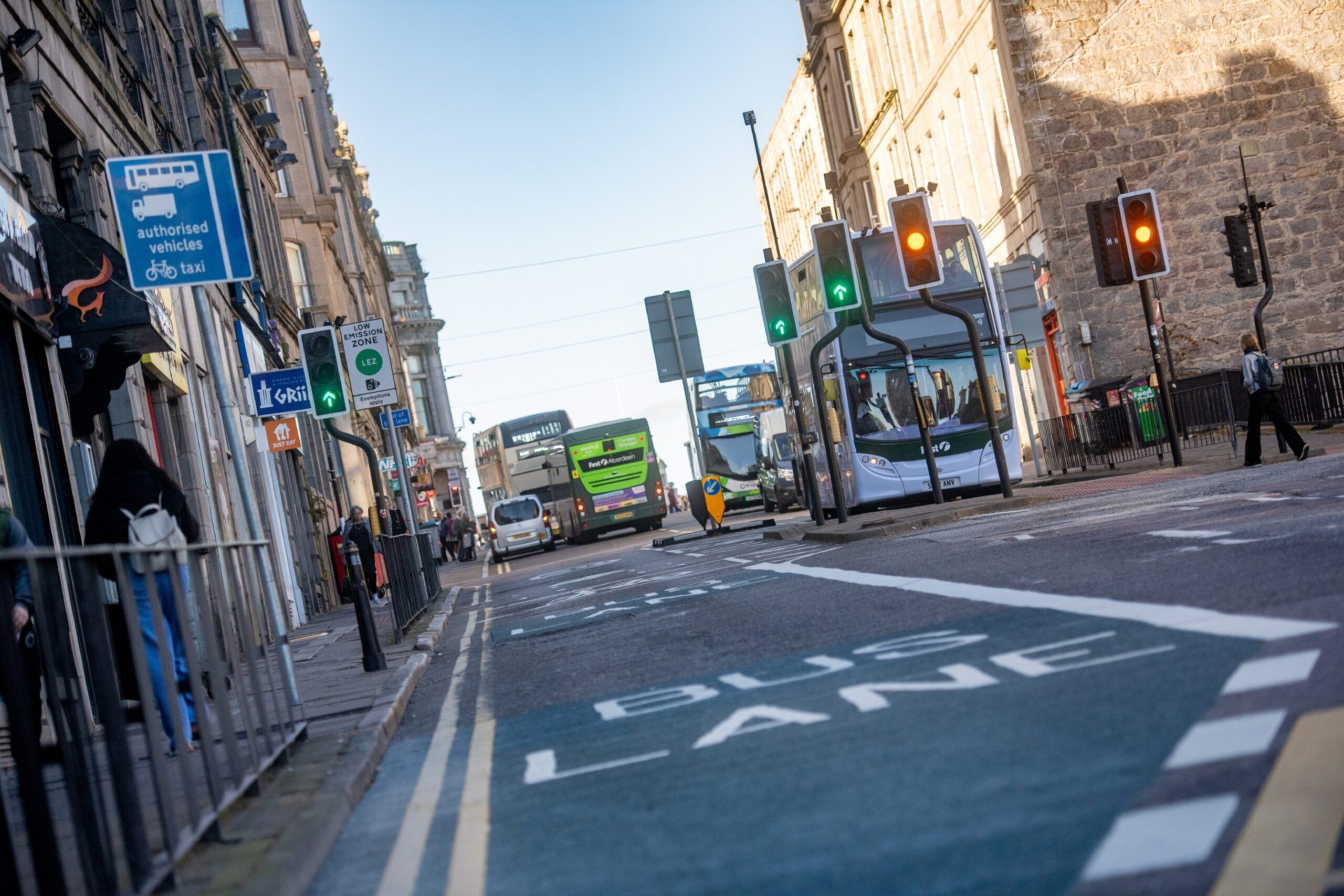
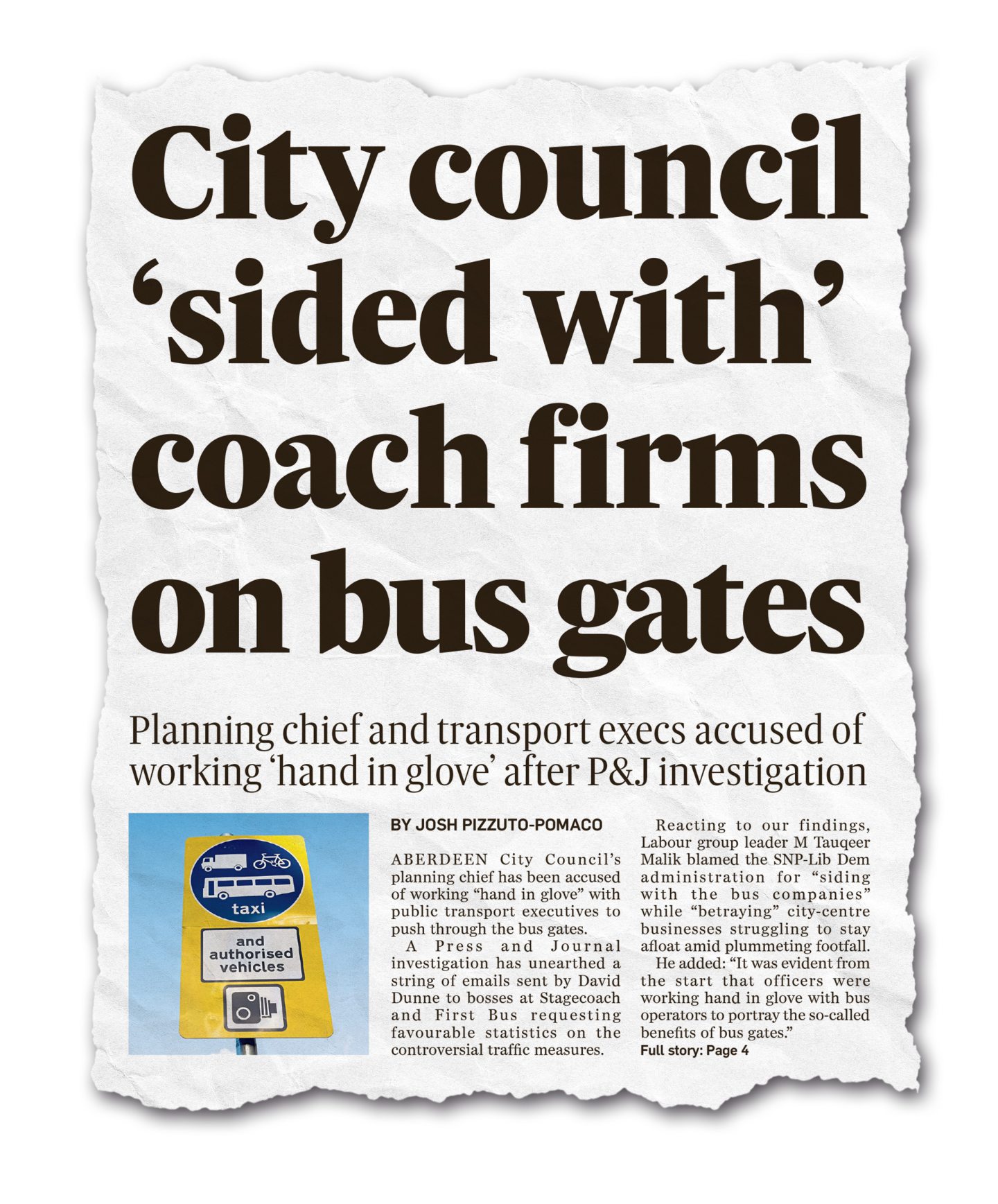
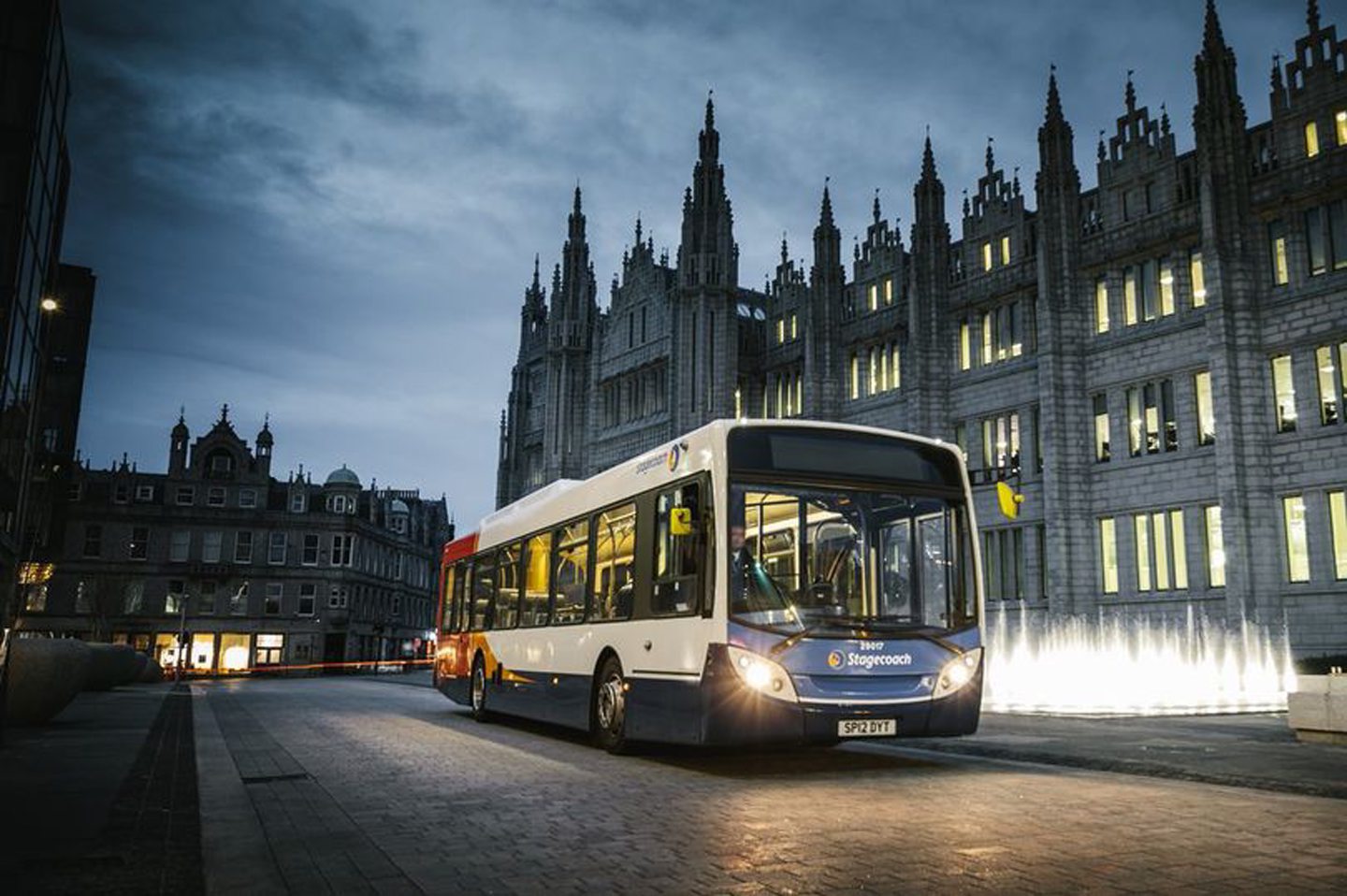
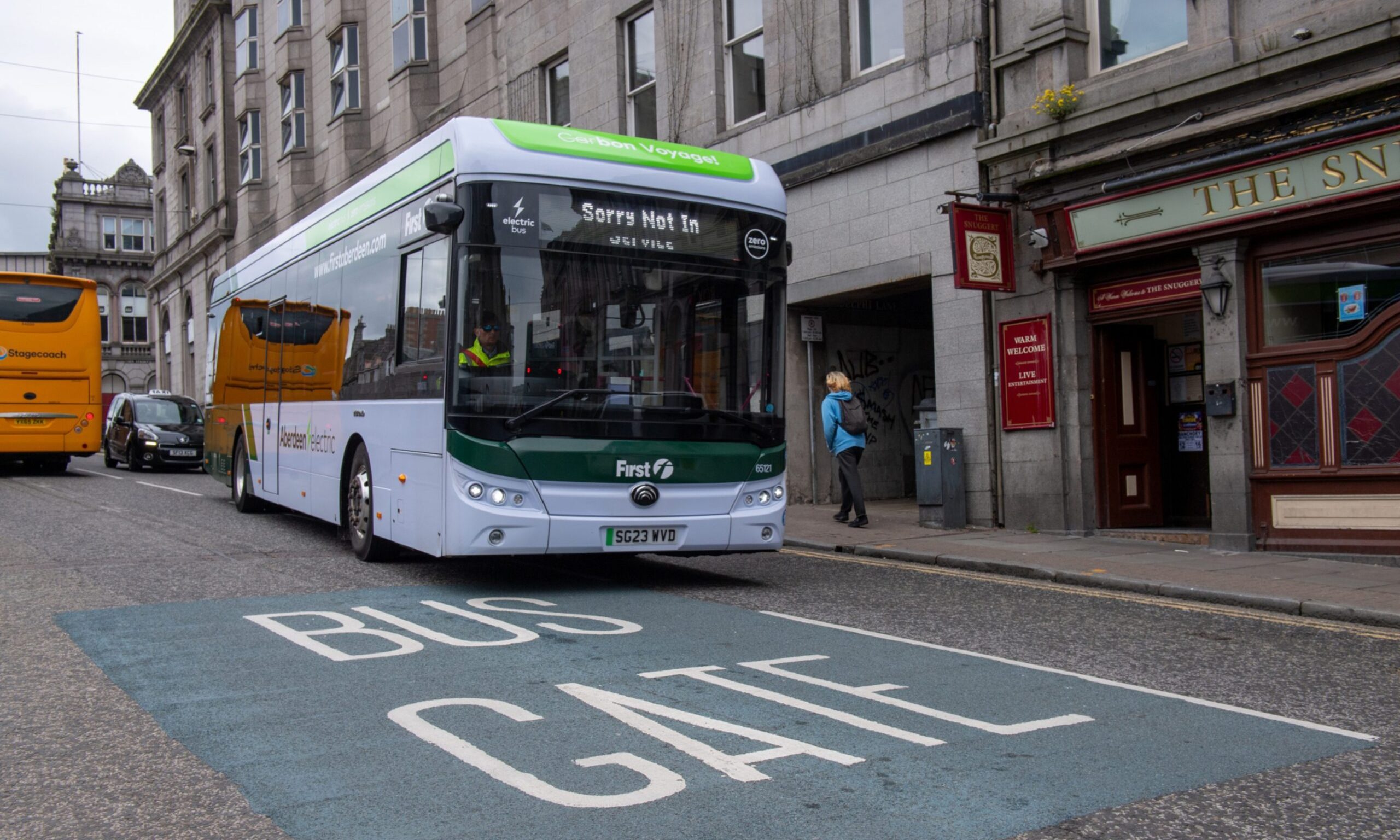

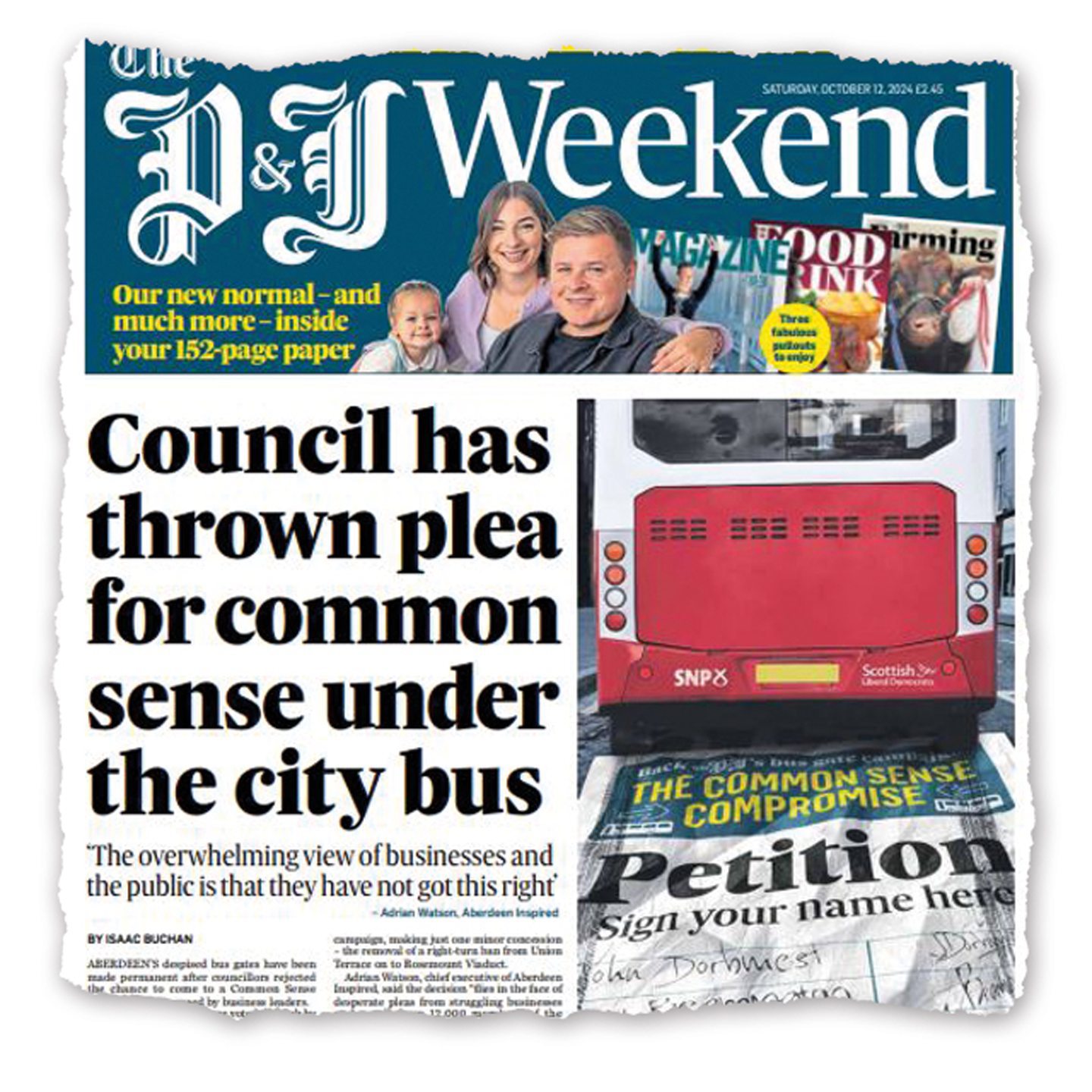
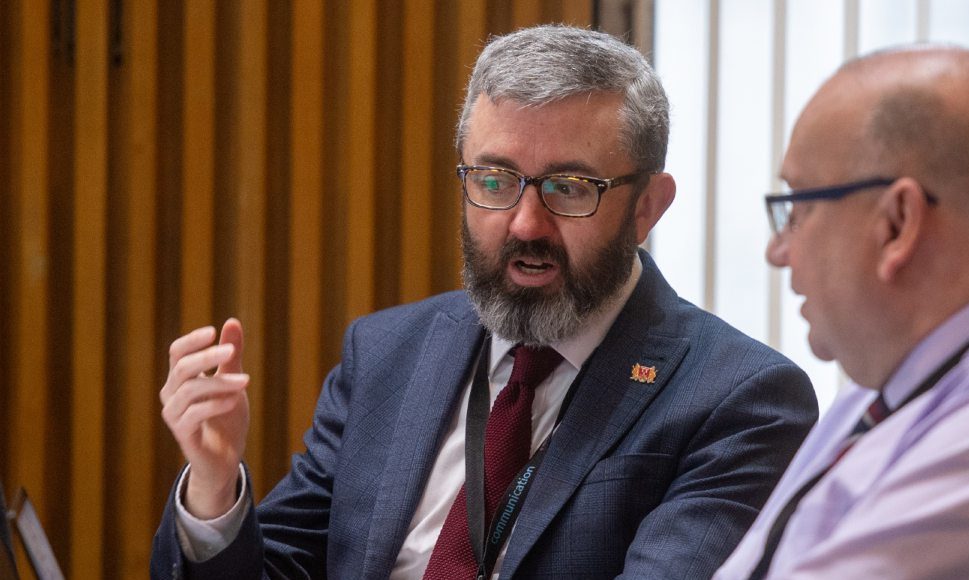
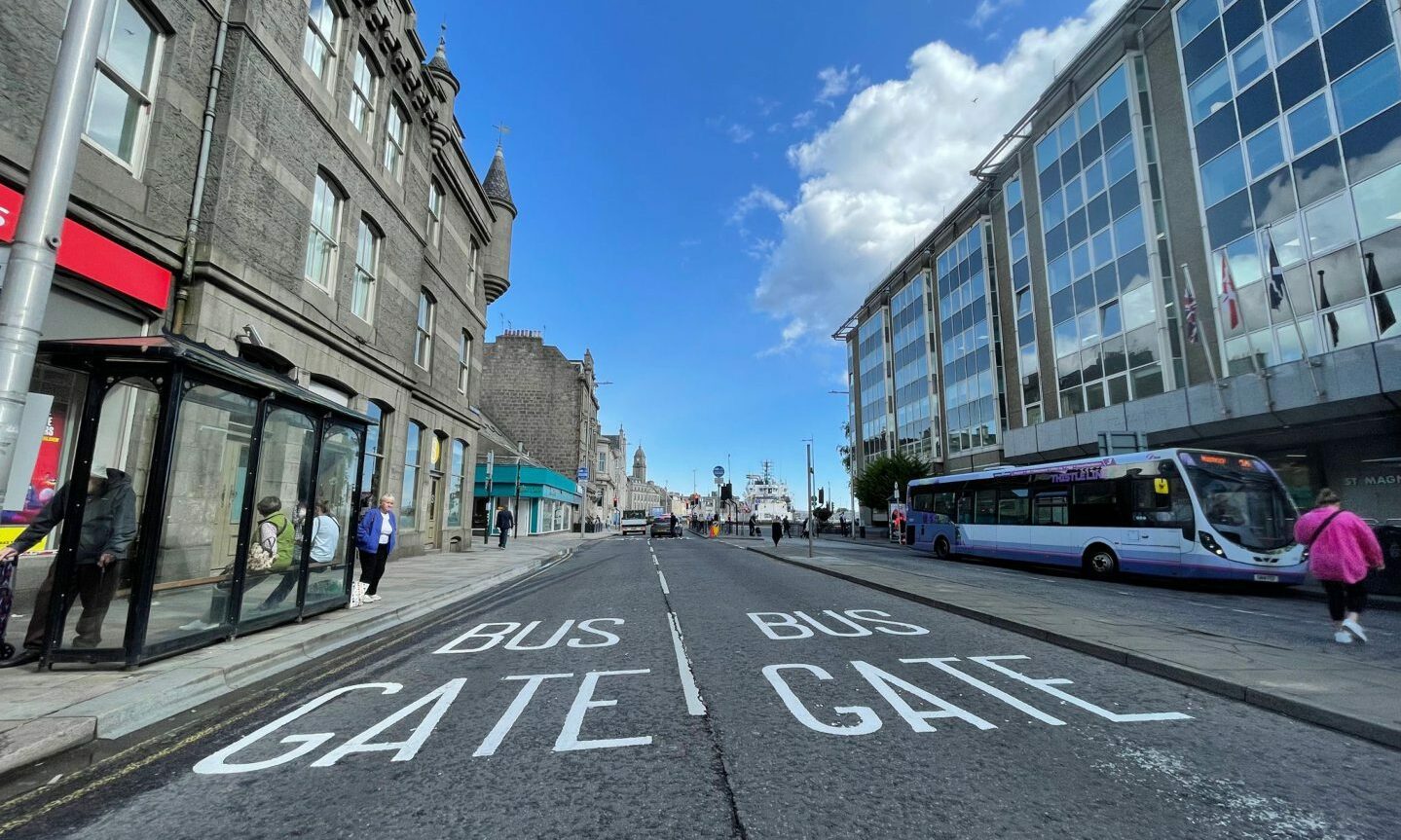
Conversation